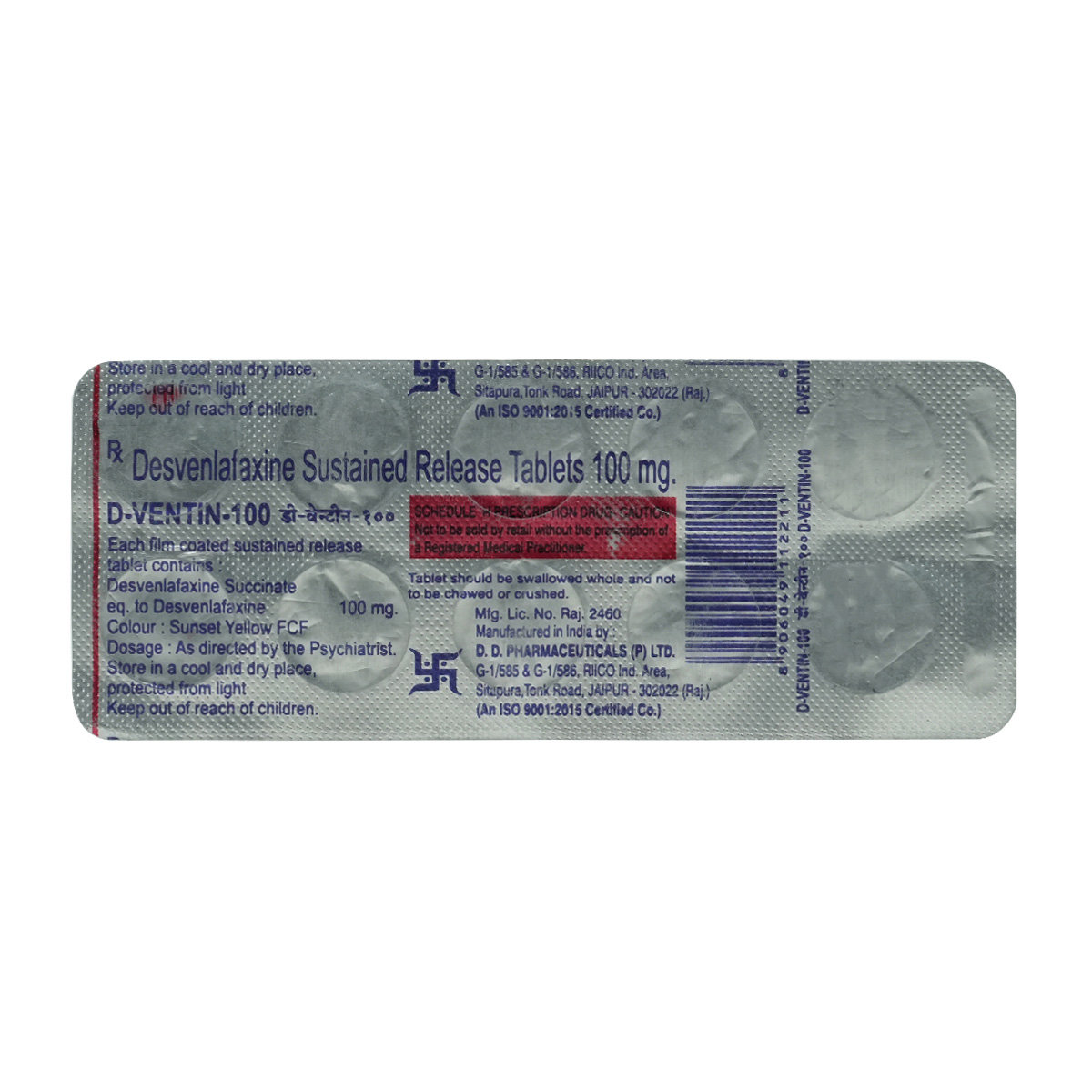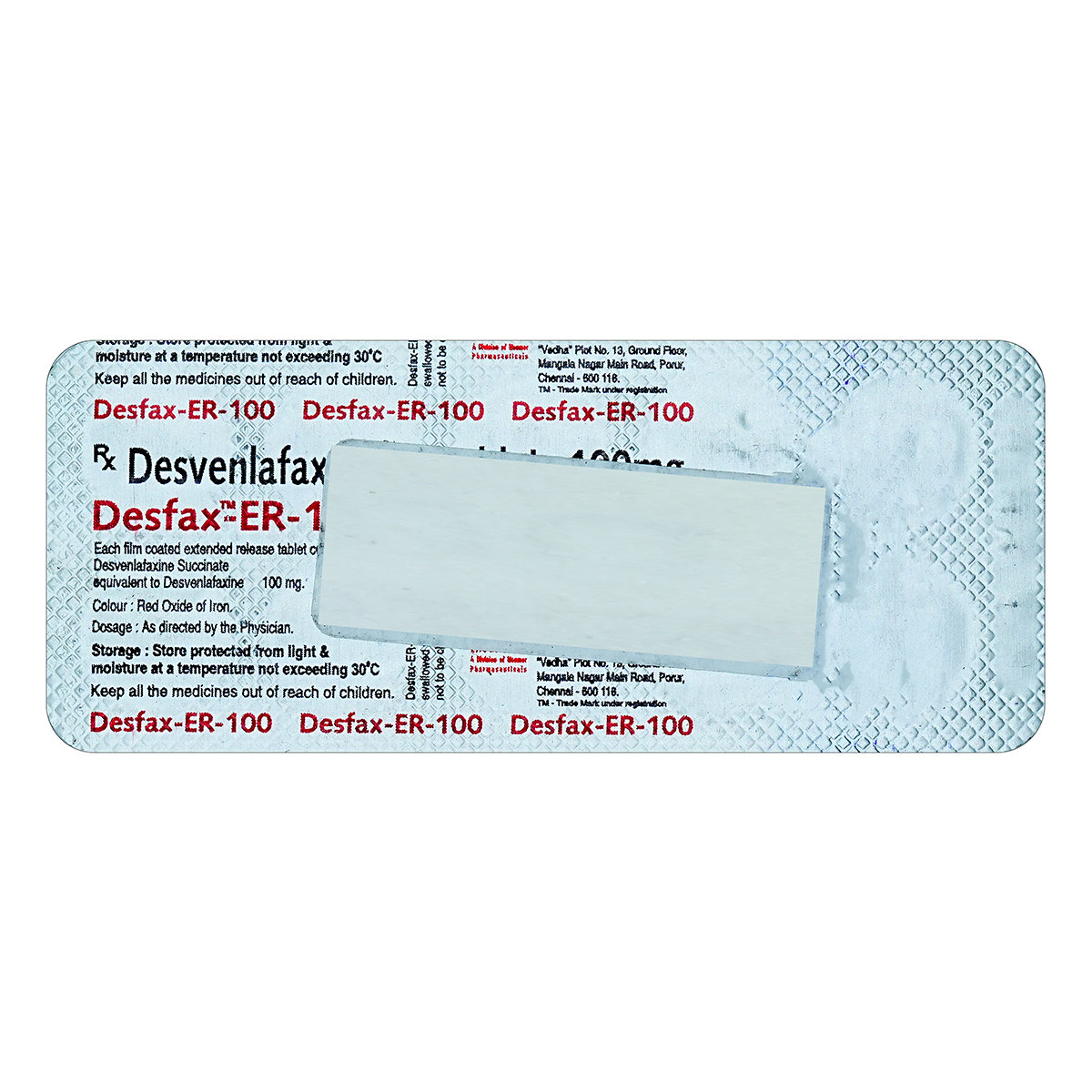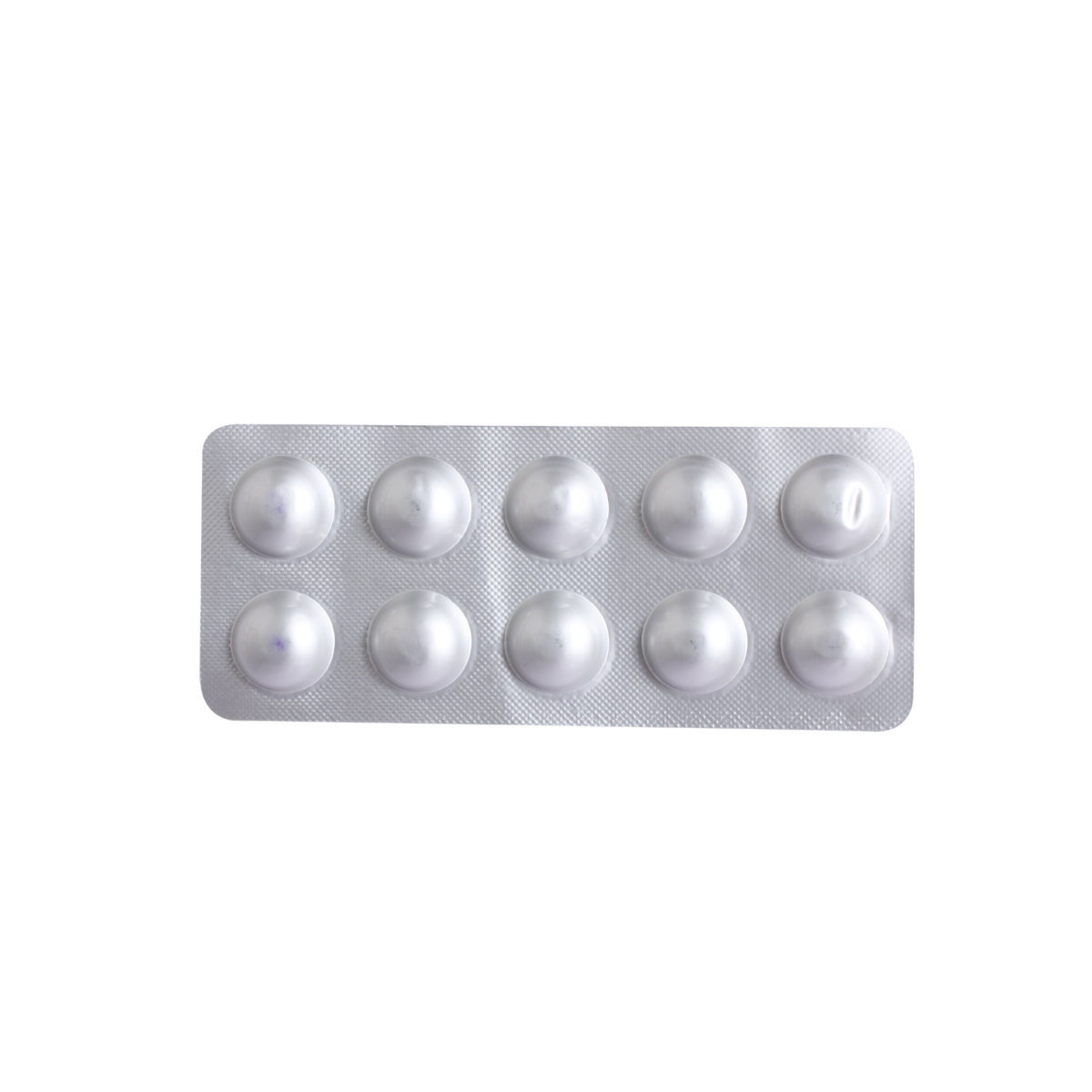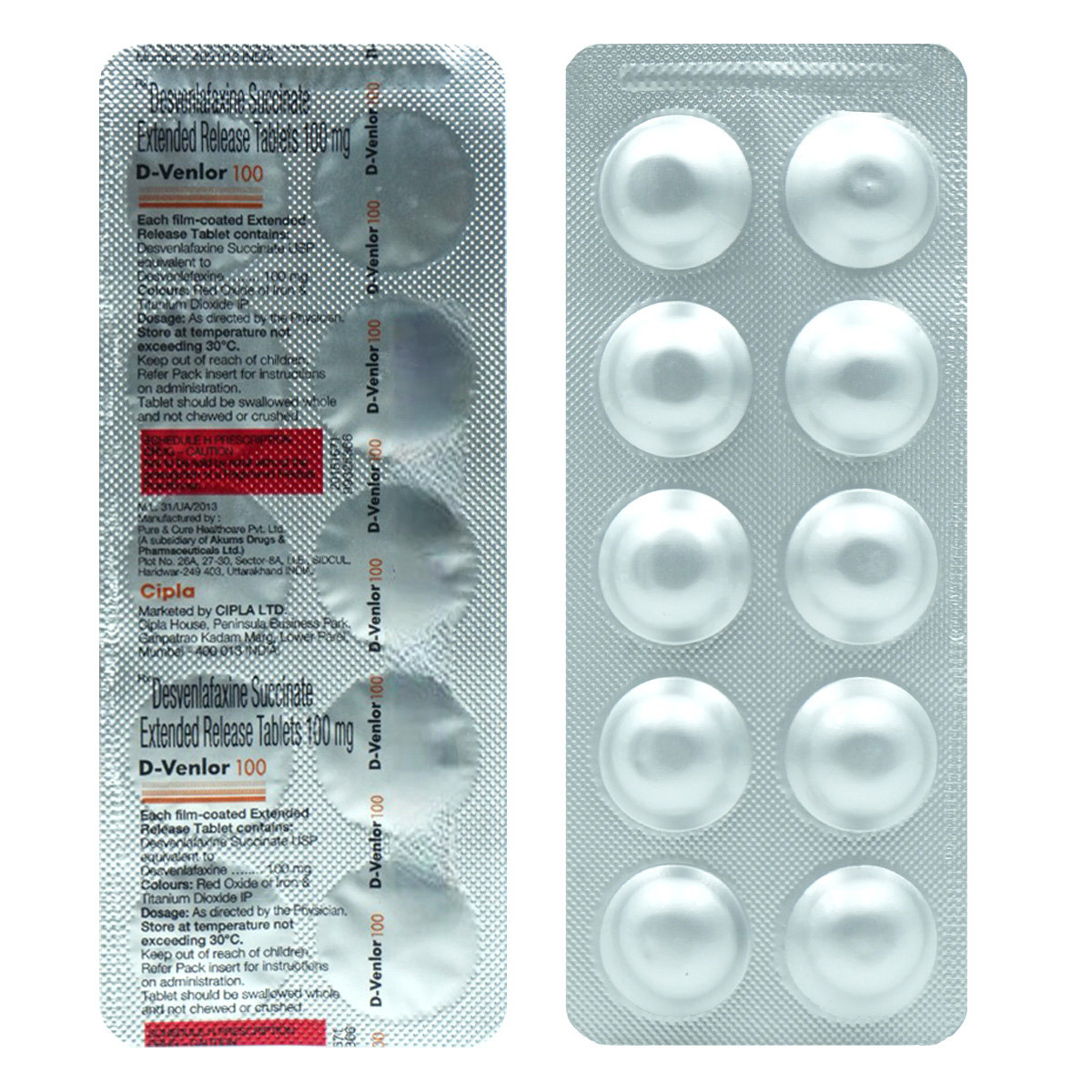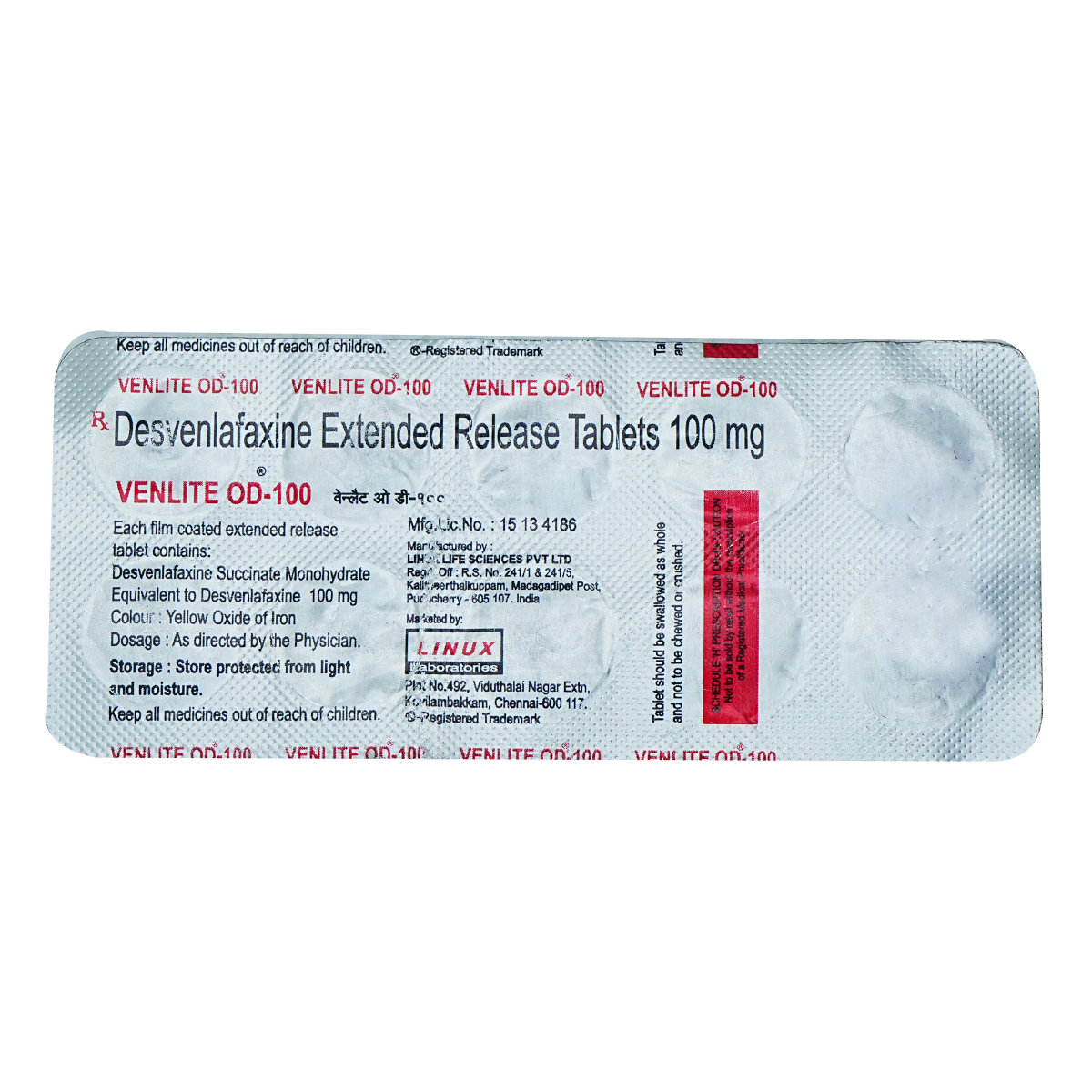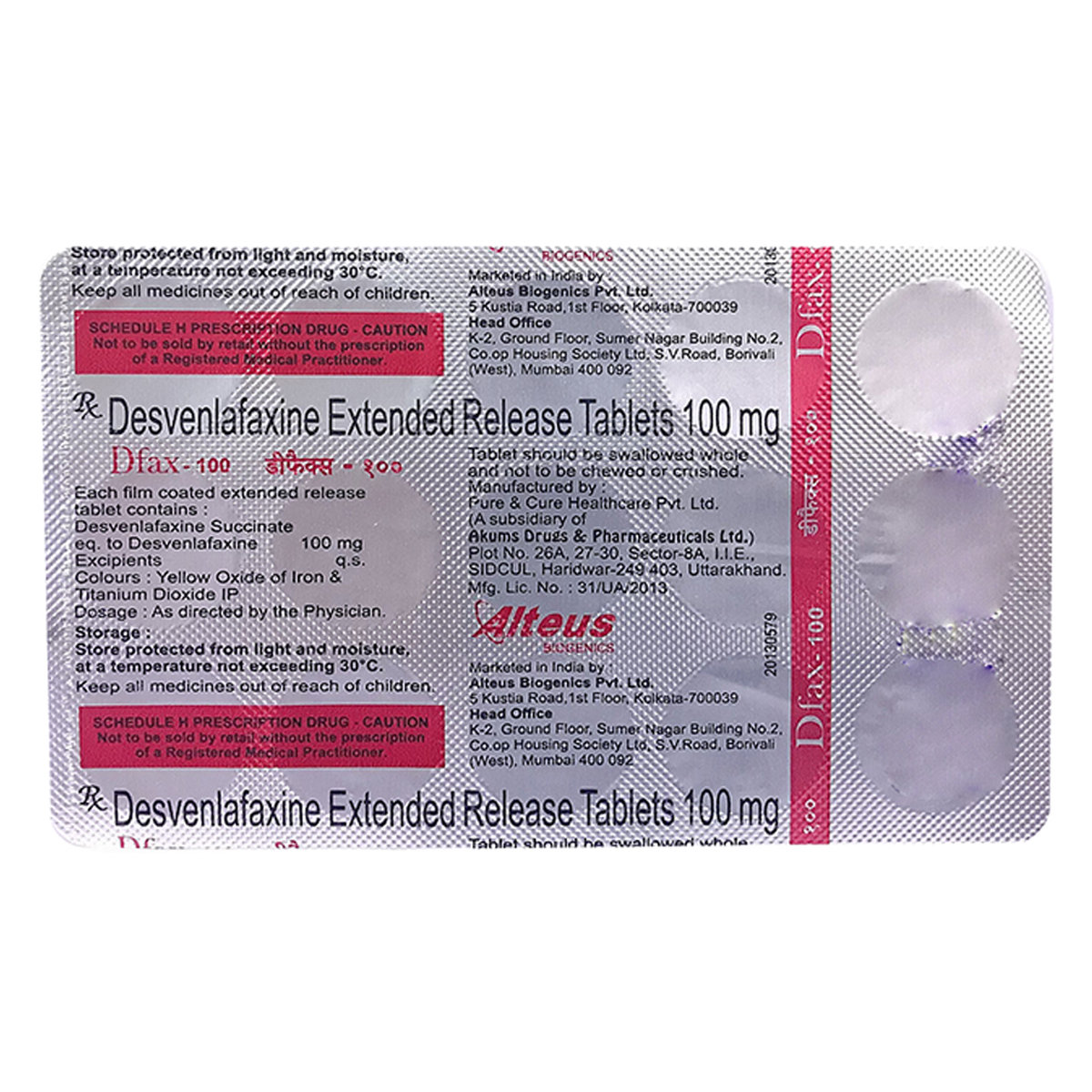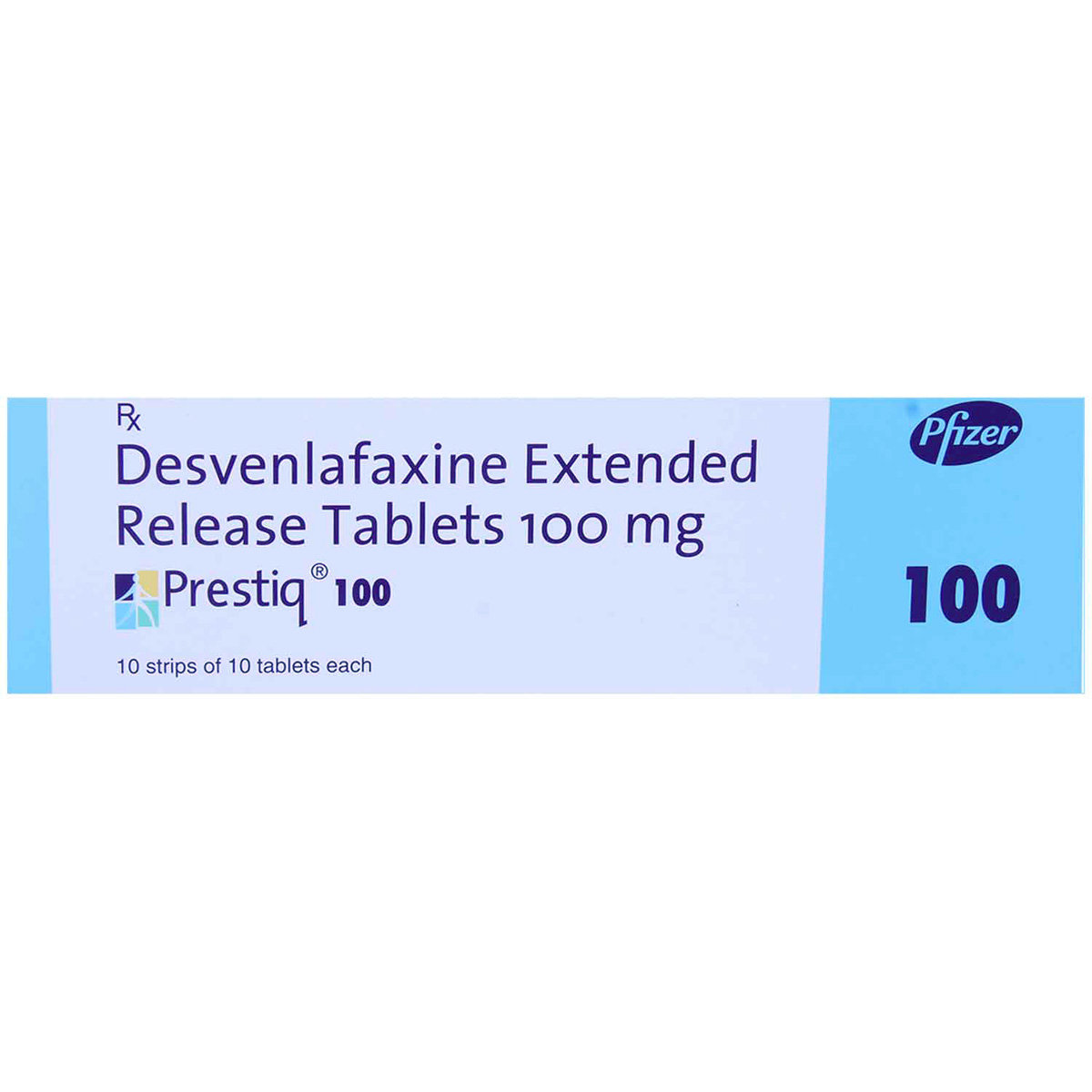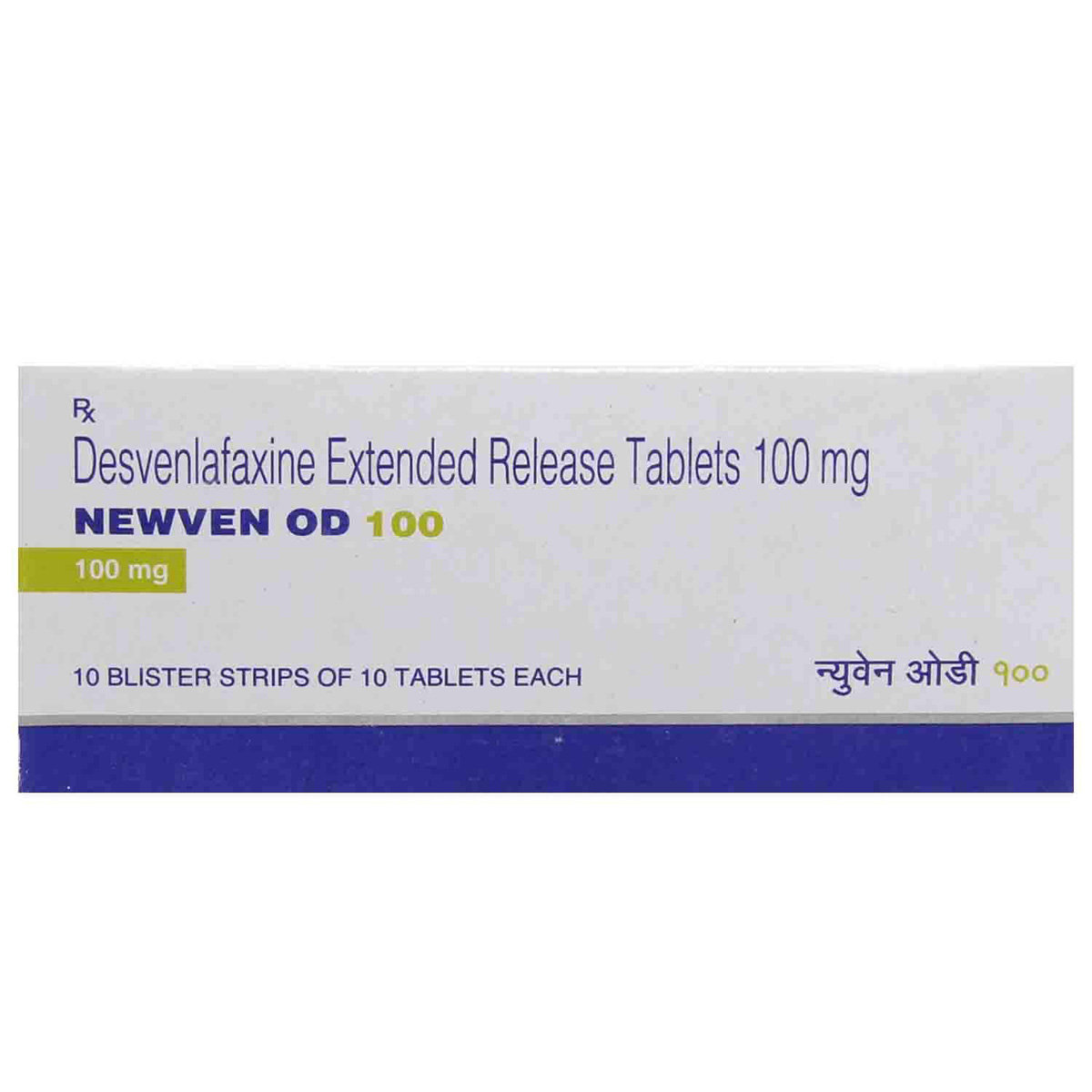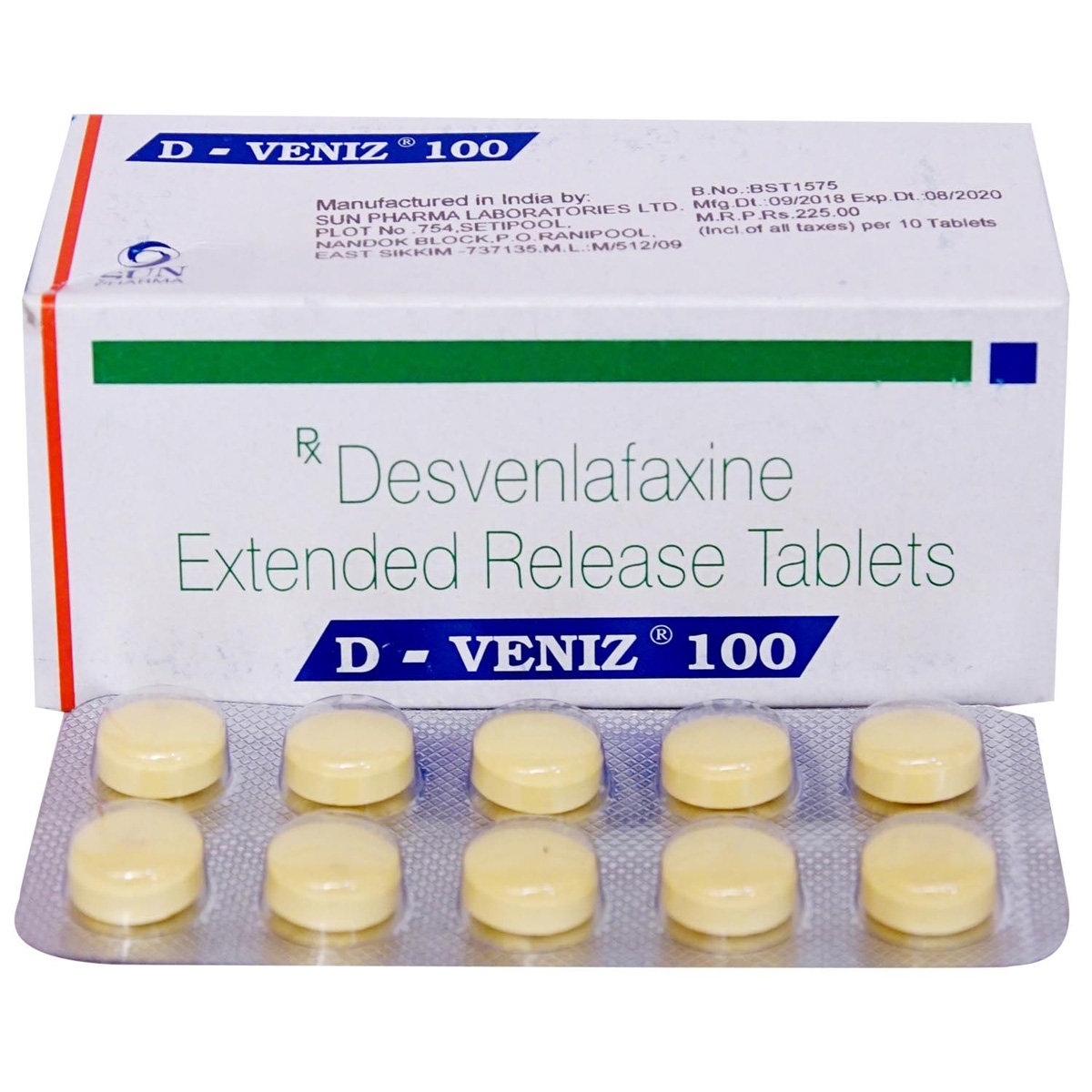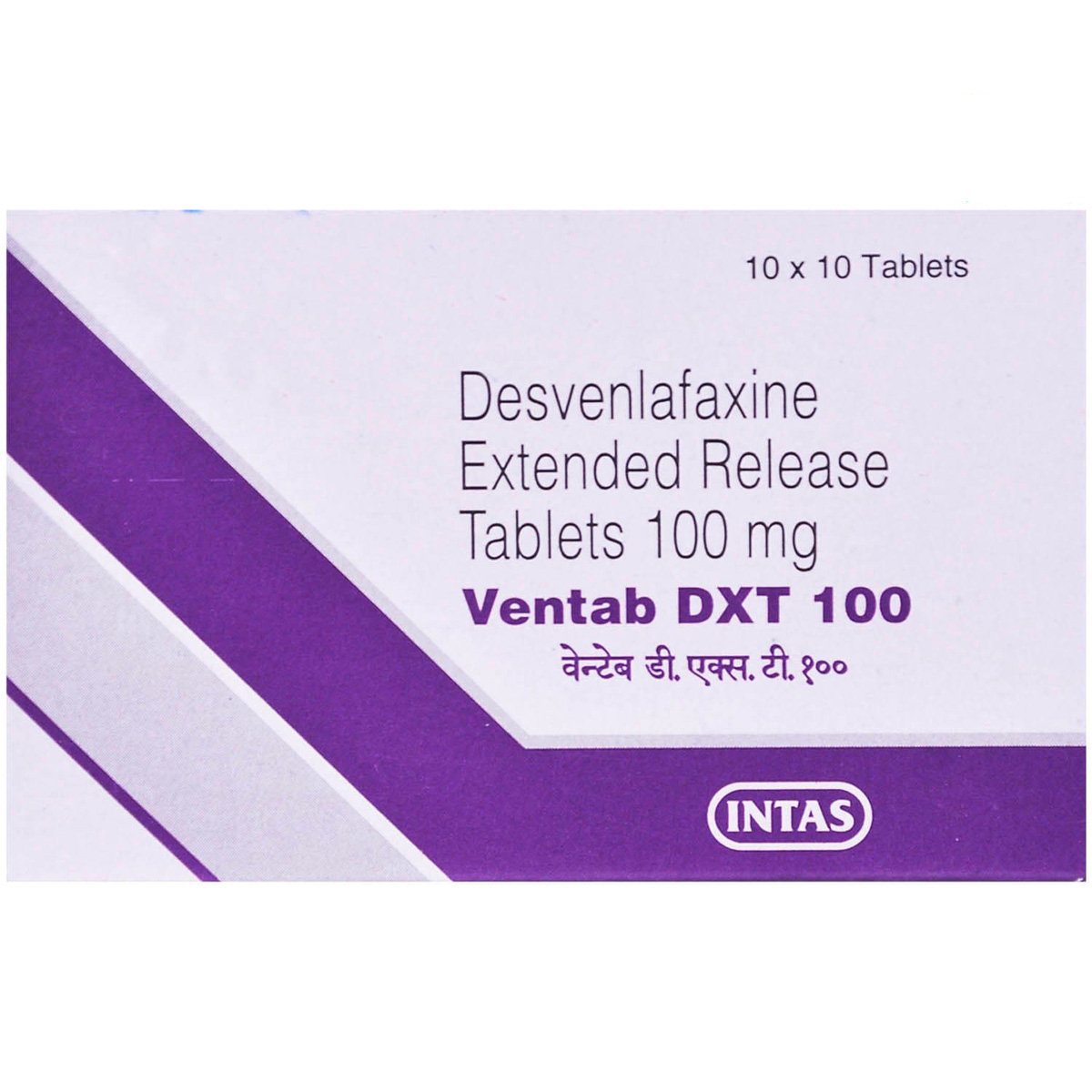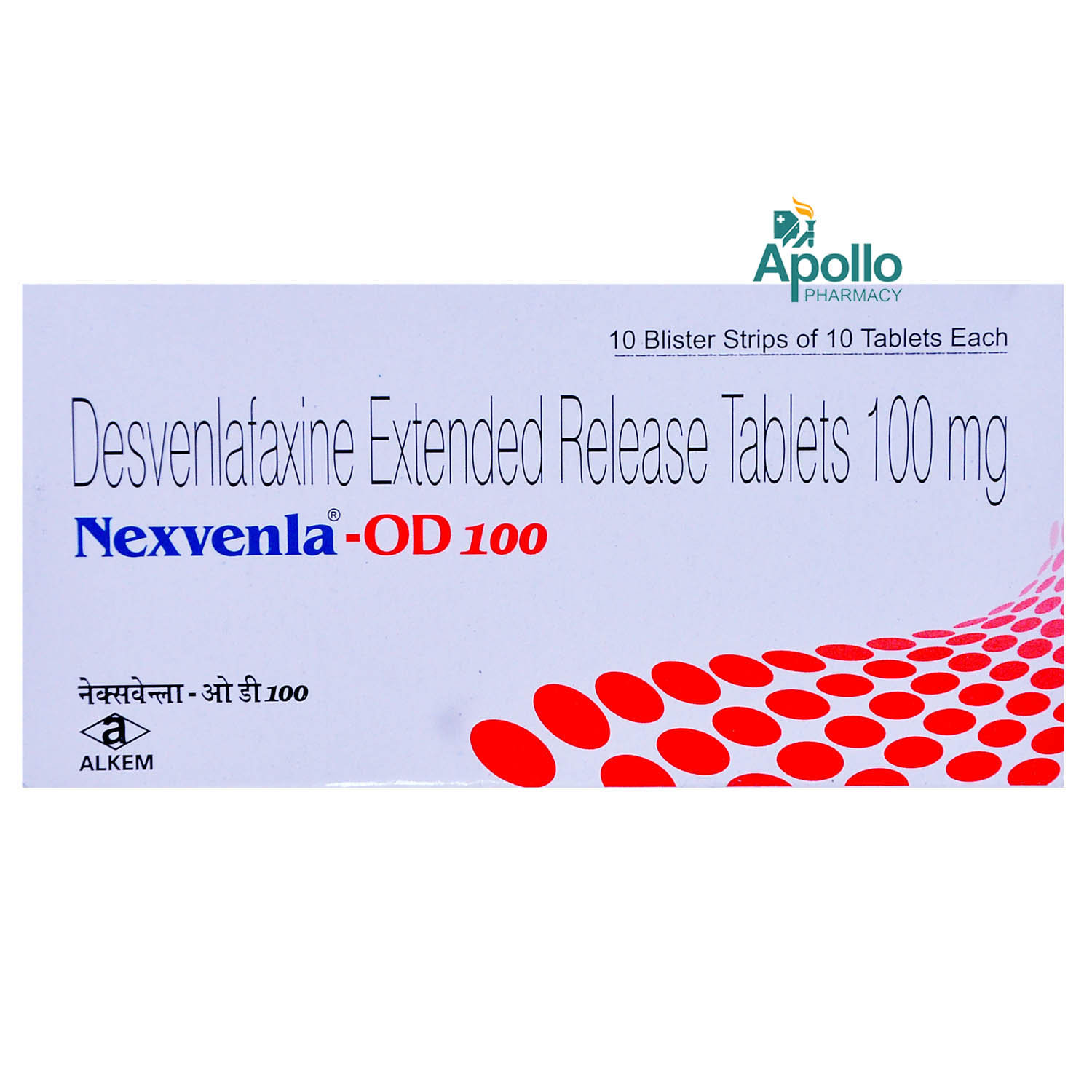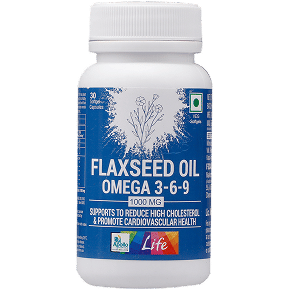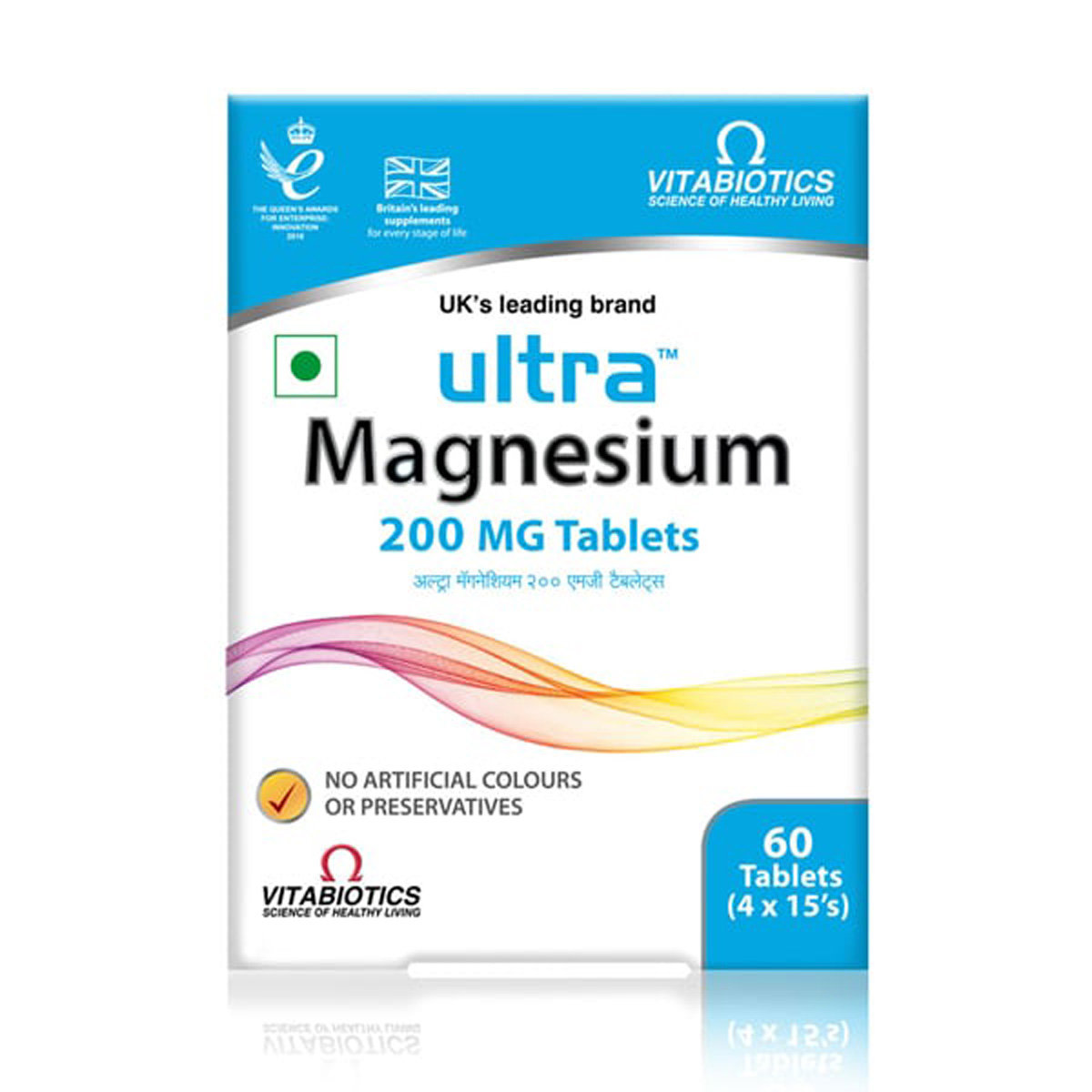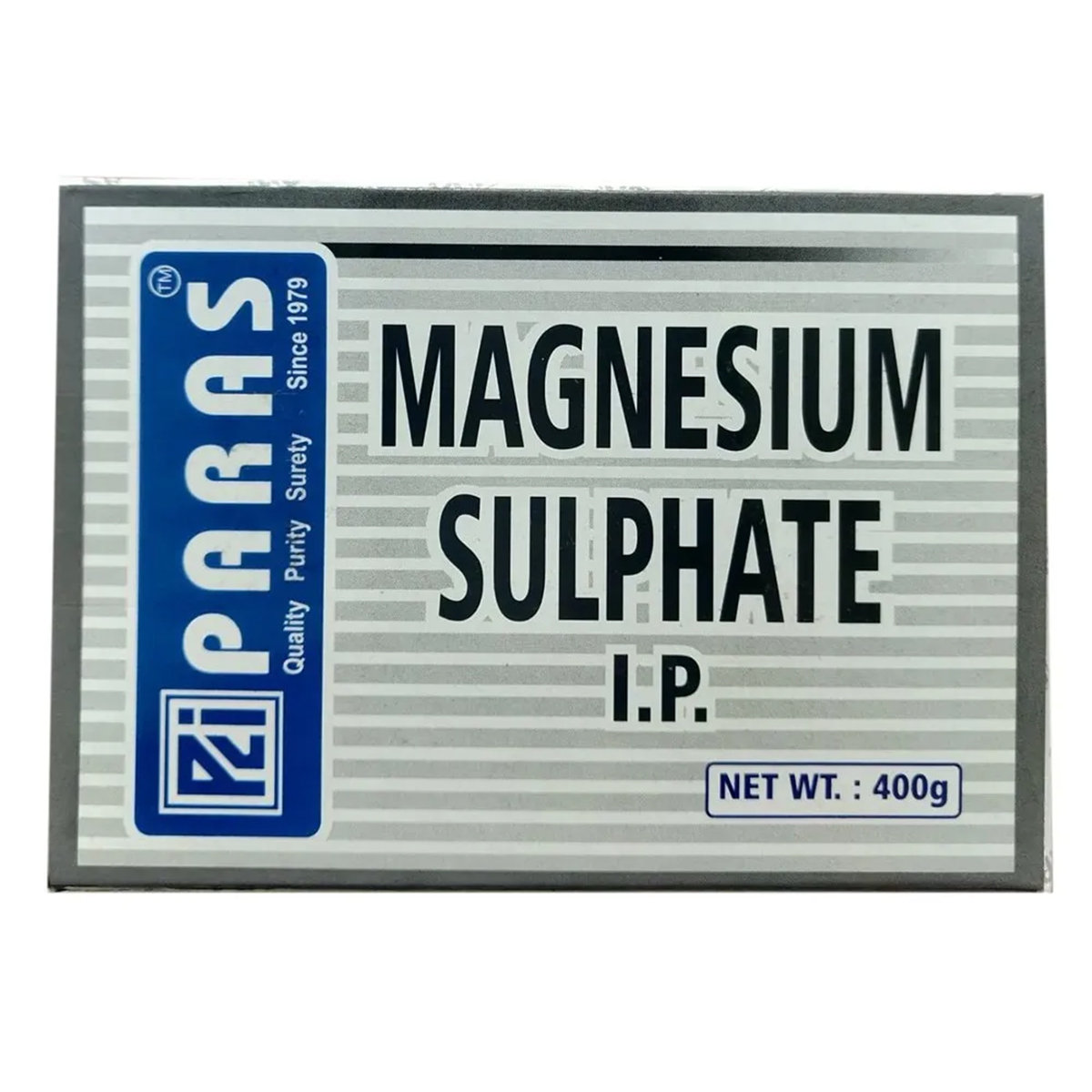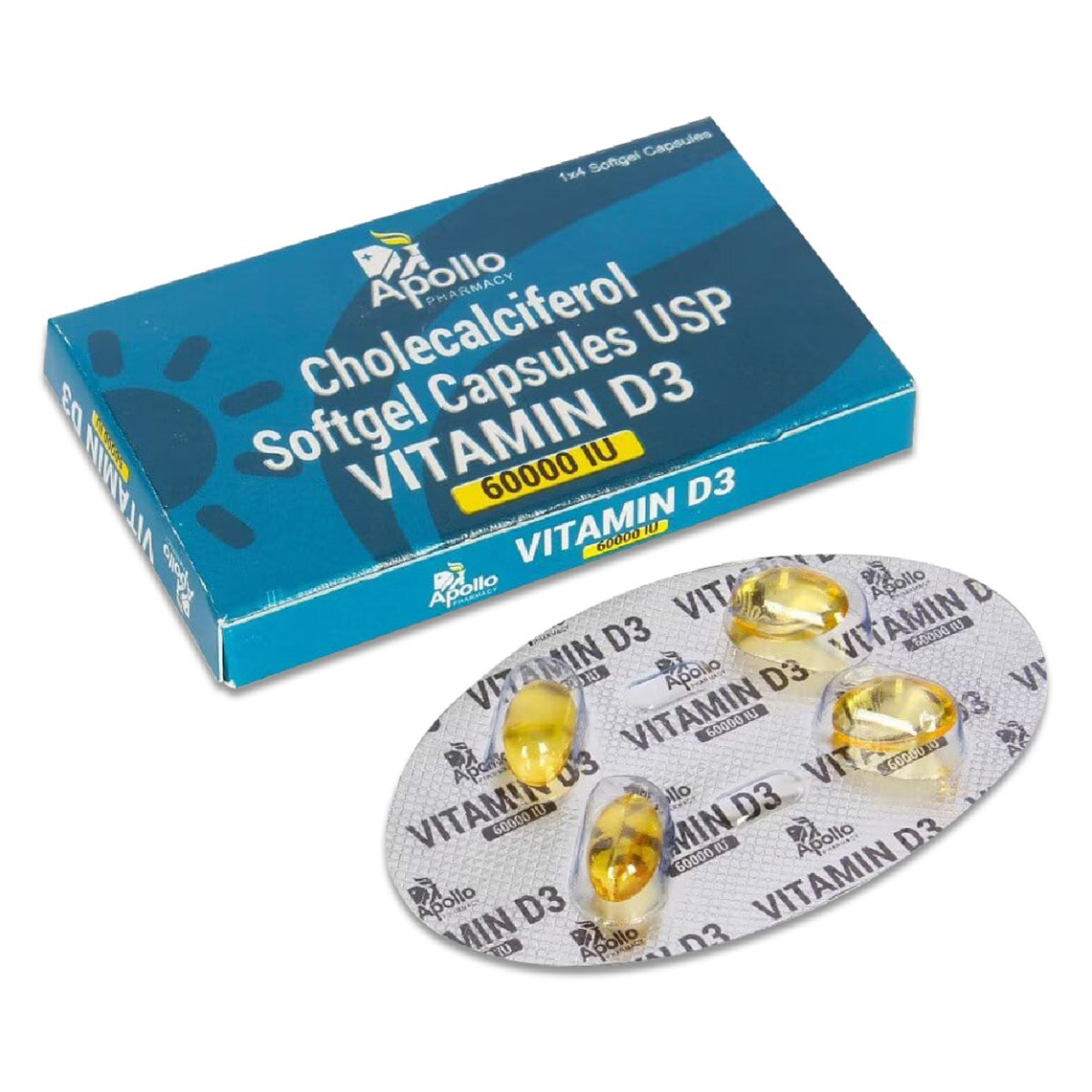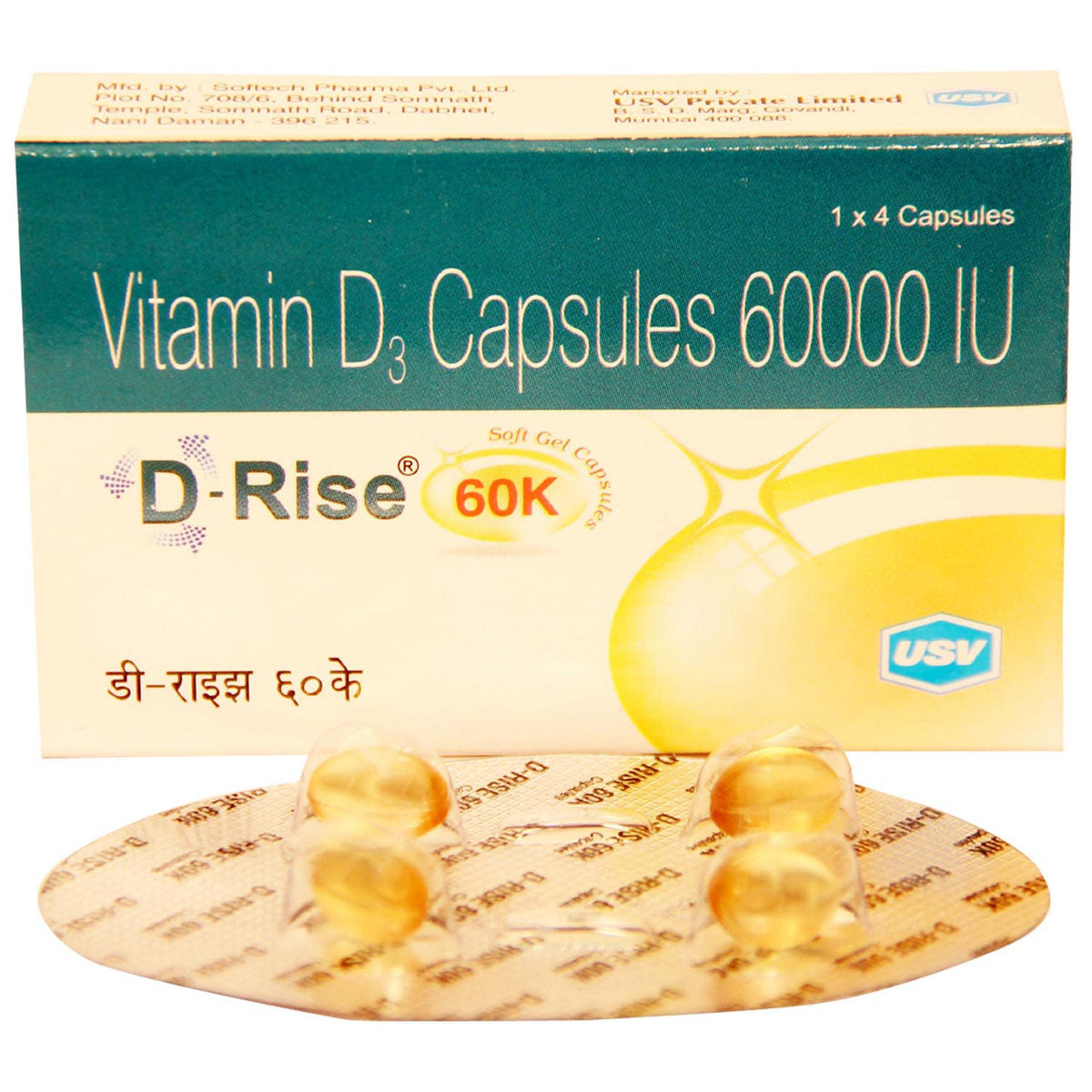MDD XR 100 Tablet


MRP ₹586.5
(Inclusive of all Taxes)
₹88.0 Cashback (15%)
know your delivery time
Provide Delivery Location
Composition :
Manufacturer/Marketer :
Consume Type :
Expires on or after :
Return Policy :
Selected Pack Size:15
15 ₹527.9
(₹35.19 per unit)
In Stock

Secure Payment

Trusted by 8 Crore Indians

Genuine Products
Therapeutic Class
Country of origin
Manufacturer/Marketer address
Author Details
We provide you with authentic, trustworthy and relevant information
Disclaimer
Alcohol
Safe if prescribed
Avoid consumption of alcohol while taking MDD XR 100 Tablet as it may cause increased sleepiness and dizziness.
Pregnancy
Consult your doctor
MDD XR 100 Tablet belongs to pregnancy category C. Please consult your doctor if you are pregnant or planning for pregnancy, your doctor will prescribe only if the benefits outweigh the risks.
Breast Feeding
Consult your doctor
MDD XR 100 Tablet may pass into breastmilk. Consult your doctor before taking MDD XR 100 Tablet your doctor will decide whether MDD XR 100 Tablet can be taken by breastfeeding mothers or not.
Driving
Safe if prescribed
MDD XR 100 Tablet causes sleepiness and dizziness. Do not drive or operate machinery.
Liver
Consult your doctor
Dose adjustment may be needed in patients with liver impairment. Please consult your doctor if you have a liver impairment or any concerns regarding this.
Kidney
Consult your doctor
Dose adjustment may be needed in patients with kidney impairment. Please consult your doctor if you have kidney impairment or any concerns regarding this.
Children
Safe if prescribed
MDD XR 100 Tablet should not be given to children as safety and effectiveness have not been established.
Product Substitutes
About MDD XR 100 Tablet
MDD XR 100 Tablet belongs to a group of medications called 'antidepressants' used to treat a major depressive disorder (depression). Major depressive disorder, also known as clinical depression, is a mental health disorder characterised by a persistent and intense feeling of sadness for an extended duration of time. Symptoms include sadness, loss of interest, appetite changes, sleep problems, restlessness, lack of energy, feeling worthless or guilty, thoughts of harming oneself, difficulty concentrating, making decisions, and thinking.
MDD XR 100 Tablet contains desvenlafaxine, which works by increasing the levels of certain chemical messengers (serotonin and norepinephrine) in the brain. This maintains mental balance and helps in regulating mood, and treats depression.
You are advised to take MDD XR 100 Tablet for as long as your doctor has prescribed it for you, depending on your medical condition and response to the treatment. In some cases, you may experience certain common side-effects such as nausea, dizziness, insomnia (sleep problems), constipation, sleepiness, loss of appetite, anxiety and male sexual dysfunction disorders. Talk to your doctor if you experience these side-effects persistently.
Please do not stop taking MDD XR 100 Tablet suddenly, as it might cause withdrawal symptoms. Consult your doctor immediately if you have suicidal thoughts, such as killing or harming yourself. Consult your doctor if you are pregnant or breastfeeding. Avoid driving as MDD XR 100 Tablet may cause sleepiness and dizziness. MDD XR 100 Tablet should not be given to children as safety and effectiveness have not been established. Avoid consuming alcohol along with MDD XR 100 Tablet as it could lead to increased sleepiness and dizziness. Keep your doctor informed about your health condition and medicines to rule out any side-effects.
Uses of MDD XR 100 Tablet
Medicinal Benefits Mweb
Key Benefits
MDD XR 100 Tablet belongs to a group of antidepressant medicines indicated for the treatment of a major depressive disorder. MDD XR 100 Tablet works by increasing the levels of certain chemical messengers (serotonin and norepinephrine) in the brain. This maintains mental balance and helps in regulating mood, and treats depression.
Directions for Use
Side Effects of MDD XR 100 Tablet
- Nausea
- Dizziness
- Insomnia (sleeplessness)
- Constipation
- Sleepiness
- Loss of appetite
- Anxiety
- Sweating
- Erectile dysfunction
Drug Warnings
Do not take MDD XR 100 Tablet if you are allergic to any of its contents; if you are taking linezolid, intravenous methylene blue, other serotonergic agents, monoamine oxidase inhibitors (MAOI) or have taken them in the last 14 days. Inform your doctor before taking MDD XR 100 Tablet if you have heart problems, hypotension, bipolar disorder, glaucoma, epilepsy, lung or breathing problems, bleeding problems, or low sodium levels in the blood. Consult your doctor immediately if you have suicidal thoughts, such as killing or harming yourself. Consult your doctor if you are pregnant or breastfeeding. MDD XR 100 Tablet should not be given to children as safety and effectiveness have not been established. Avoid consuming alcohol along with MDD XR 100 Tablet as it could lead to increased sleepiness and dizziness.
Drug-Drug Interactions
Drug-Drug Interactions
Login/Sign Up
Taking rasagiline with MDD XR 100 Tablet can increase the risk of serotonin syndrome (A condition in which a chemical called serotonin increase in your body).
How to manage the interaction:
Taking MDD XR 100 Tablet with Rasagiline together can possibly result in an interaction, they can be taken together if prescribed by a doctor. However, consult a doctor if you experience confusion, hallucinations (seeing and hearing things that do not exist), fits, blood pressure alteration, increased heart rate, fever, excessive sweating, shivering or shaking, blurred vision, pain in the muscles or stiffness, stomach cramps, nausea, vomiting, and loose stools. Do not discontinue any medications without consulting a doctor.
Combining Procarbazine and MDD XR 100 Tablet can increase the risk of a rare but serious condition called the serotonin syndrome.(A condition in which a chemical called serotonin builds up in your body).
How to manage the interaction:
Taking Procarbazine and MDD XR 100 Tablet together is not recommended as it can lead to an interaction, it can be taken if advised by your doctor. However, if you experience any symptoms like confusion, hallucination, seizure, increased heart rate, fever, excessive sweating, shivering or shaking, blurred vision, muscle spasm or stiffness, tremor, incoordination, stomach cramp, nausea, vomiting, and diarrhea, contact your doctor immediately. you should wait at least 14 days after stopping isocarboxazid before you start treatment with MDD XR 100 Tablet and do not discontinue any medications without first consulting your doctor.
Taking tranylcypromine with MDD XR 100 Tablet might raise serotonin hormone levels in the body, affecting the brain and nerve cells. Increased serotonin hormone can lead to severe side effects.
How to manage the interaction:
Taking Tranylcypromine and MDD XR 100 Tablet together is not recommended as it can lead to an interaction, it can be taken if advised by your doctor. However, if you experience any symptoms like confusion, hallucination, seizure, increased heart rate, fever, excessive sweating, shivering or shaking, blurred vision, muscle spasm or stiffness, tremor, incoordination, stomach cramp, nausea, vomiting, and diarrhea, contact your doctor immediately. Do not discontinue any medications without first consulting your doctor.
Taking Safinamide with MDD XR 100 Tablet can increase the risk of serotonin syndrome (A condition in which a chemical called serotonin increase in your body).
How to manage the interaction:
Taking MDD XR 100 Tablet with Safinamide is not recommended as it can possibly result in an interaction, but can be taken together if prescribed by a doctor. However, consult a doctor if you experience confusion, hallucination(seeing and hearing things that do not exist), fits, blood pressure alteration, increased heart rate, fever, excessive sweating, shivering or shaking, blurred vision, pain in the muscles or stiffness, incoordination, stomach cramps, nausea, vomiting, and loose stools. Do not discontinue any medications without consulting your doctor.
Combining Isocarboxazid and MDD XR 100 Tablet might raise serotonin hormone levels in the body and may affect the brain or nerve cells. Increased serotonin hormone can lead to severe side effects.
How to manage the interaction:
Taking Isocarboxazid and MDD XR 100 Tablet together is generally avoided as it can lead to an interaction, it can be taken only if advised by your doctor. However, if you experience any symptoms like confusion, hallucination, seizure, increased heart rate, fever, excessive sweating, shivering or shaking, blurred vision, muscle spasm or stiffness, tremor, incoordination, stomach cramp, nausea, vomiting, and diarrhea, contact your doctor immediately. Do not discontinue any medications without first consulting your doctor.
Co-administration of Nefazodone and MDD XR 100 Tablet might raise serotonin hormone levels in the body, affecting the brain and nerve cells. Increased serotonin hormone can lead to severe side effects.
How to manage the interaction:
Co-administration of Nefazodone and MDD XR 100 Tablet can lead to an interaction, it can be taken if advised by your doctor. However, if you experience any symptoms like confusion, hallucination, seizure, increased heart rate, fever, excessive sweating, shivering or shaking, blurred vision, muscle spasm or stiffness, tremors, incoordination, stomach cramps, nausea, vomiting, and diarrhea, consult the doctor immediately. Do not stop using any medications without a doctor's advice.
Co-administration of pethidine and MDD XR 100 Tablet might raise serotonin hormone levels in the body, affecting the brain and nerve cells. Increased serotonin hormone can lead to severe side effects.
How to manage the interaction:
Co-administration of pathidine and MDD XR 100 Tablet can lead to an interaction, it can be taken if advised by your doctor. However, if you experience any symptoms like confusion, hallucination, seizure, increased heart rate, fever, excessive sweating, shivering or shaking, blurred vision, muscle spasm or stiffness, tremors, incoordination, stomach cramps, nausea, vomiting, and diarrhea, consult the doctor immediately. Do not stop using any medications without a doctor's advice.
Co-administration of tapentadol and MDD XR 100 Tablet might raise serotonin hormone levels in the body, affecting the brain and nerve cells. Increased serotonin hormone can lead to severe side effects.
How to manage the interaction:
Co-administration of tapentadol and MDD XR 100 Tablet can lead to an interaction, it can be taken if advised by your doctor. However, if you experience any symptoms like confusion, hallucination, seizure, increased heart rate, fever, excessive sweating, shivering or shaking, blurred vision, muscle spasm or stiffness, tremors, incoordination, stomach cramps, nausea, vomiting, and diarrhea, consult the doctor immediately. Do not stop using any medications without a doctor's advice.
The combined use of trazodone and MDD XR 100 Tablet can increase the risk of serotonin syndrome(A condition in which a chemical called serotonin builds up in your body).
How to manage the interaction:
Co-administration of trazodone and MDD XR 100 Tablet can lead to an interaction, it can be taken if advised by your doctor. However, if you experience confusion, seizure(fits), extreme changes in blood pressure, increased heart rate, fever, excessive sweating, shivering or shaking, blurred vision, muscle spasm, tremor(shaking of hands & legs), incoordination, stomach pain, nausea, vomiting, and diarrhea contact your doctor right away. Do not discontinue any medications without first consulting your doctor.
Co-administration of Zolmitriptan and MDD XR 100 Tablet might raise serotonin hormone levels in the body, affecting the brain and nerve cells. Increased serotonin hormone can lead to severe side effects.
How to manage the interaction:
Co-administration of Zolmitriptan and MDD XR 100 Tablet can lead to an interaction, but it can be taken if advised by your doctor. However, if you experience any symptoms like confusion, hallucination, seizure, increased heart rate, fever, excessive sweating, shivering or shaking, blurred vision, muscle spasm or stiffness, tremors, incoordination, stomach cramps, nausea, vomiting, and diarrhea, consult the doctor immediately. Do not stop using any medications without a doctor's advice.
Drug-Food Interactions
Drug-Food Interactions
Login/Sign Up
Drug-Diseases Interactions
Drug-Diseases Interactions
Login/Sign Up
Drug-Drug Interactions Checker List
- ARIPIPRAZOLE
- LURASIDONE
- QUETIAPINE
- AMPHETAMINE
- DEXTROAMPHETAMINE
- AMITRIPTYLINE
- BUPROPION
- DULOXETINE
- ESCITALOPRAM
- SERTRALINE
- TRAZODONE
- VENLAFAXINE
- CLONAZEPAM
- LAMOTRIGINE
- PREGABALIN
- CYCLOBENZAPRINE
- IBUPROFEN
- TRAMADOL
- ALPRAZOLAM
- CETIRIZINE
- PHENTERMINE
- LISDEXAMFETAMINE
Habit Forming
Special Advise
- Do not stop taking MDD XR 100 Tablet suddenly as it might cause withdrawal symptoms.
- Consult your doctor immediately if you have suicidal thoughts such as killing or harming yourself.
- Talk to your doctor right away if you notice any unusual bleeding or bruising.
Diet & Lifestyle Advise
- Maintain a healthy diet and exercise regularly as it helps in improving overall health and boosts self-esteem.
- Regularly attend therapy sessions.
- Perform meditation and yoga. This helps in relieving stress and provides relaxation.
- Follow a regular sleep pattern to improve the amount and quality of sleep you get.
- Include foods rich in omega-fatty acids such as fish, nuts, fresh fruits, vegetables and olive oils.
- Amino acid-rich foods such as meat, dairy products, and certain fruits and vegetables help in the proper maintenance of neurotransmitters.
- Complex carbohydrates help in stimulating serotonin (a feel-good neurotransmitter). These include whole grains, legumes, spinach, broccoli, oranges and pears.
- Exercising helps in the production of the body’s natural antidepressants. It also helps in relieving stress, improves mood, boosts self-esteem, and provides restful sleep.
- Avoid smoking and alcohol consumption.
- Learn about your condition, understand the risk factors and follow the doctor’s treatment plan.
All Substitutes & Brand Comparisons
RX
D-Ventin-100mg Sr Tablet 10's
D D Pharmaceuticals Pvt Ltd
₹197
(₹17.73 per unit)
49% CHEAPERRX
Out of StockVENPOWER 100MG TABLET
Ipca Laboratories Ltd
₹205.5
(₹18.5 per unit)
47% CHEAPERRX
Desrina 100 Tablet 10's
Arinna Lifesciences Ltd
₹271.5
(₹22.26 per unit)
36% CHEAPER

Have a query?
Buy best C.n.s Drugs products by
Intas Pharmaceuticals Ltd
Sun Pharmaceutical Industries Ltd
Torrent Pharmaceuticals Ltd
Alkem Laboratories Ltd
Abbott India Ltd
Cipla Ltd
Alteus Biogenics Pvt Ltd
Micro Labs Ltd
Lupin Ltd
Ipca Laboratories Ltd
D D Pharmaceuticals Pvt Ltd
Icon Life Sciences
Mankind Pharma Pvt Ltd
Tripada Healthcare Pvt Ltd
Arinna Lifesciences Ltd
Linux Laboratories Pvt Ltd
East West Pharma India Pvt Ltd
La Renon Healthcare Pvt Ltd
Talent India Pvt Ltd
Tas Med India Pvt Ltd
Zydus Healthcare Ltd
Cnx Health Care Pvt Ltd
Eris Life Sciences Ltd
Leeford Healthcare Ltd
Emcure Pharmaceuticals Ltd
Macleods Pharmaceuticals Ltd
Sigmund Promedica
Aristo Pharmaceuticals Pvt Ltd
Dr Reddy's Laboratories Ltd
Troikaa Pharmaceuticals Ltd
Consern Pharma Ltd
Zydus Cadila
Shine Pharmaceuticals Ltd
Wockhardt Ltd
Ardent Life Sciences Pvt Ltd
Crescent Formulations Pvt Ltd
Theo Pharma Pvt Ltd
Reliance Formulation Pvt Ltd
Ikon Pharmaceuticals Pvt Ltd
Propel Healthcare
Neon Laboratories Ltd
Jagsam Pharma
Msn Laboratories Pvt Ltd
Morepen Laboratories Ltd
Pulse Pharmaceuticals
Sanofi India Ltd
Med Manor Organics Pvt Ltd
Hetero Healthcare Pvt Ltd
Novartis India Ltd
Crescent Therapeutics Ltd
Elder Pharmaceuticals Ltd
Solvate Laboratories Pvt Ltd
Akumentis Healthcare Ltd
Mova Pharmaceutical Pvt Ltd
Psyco Remedies Ltd
Tripada Lifecare Pvt Ltd
Ajanta Pharma Ltd
Cyrus Remedies Pvt Ltd
Medishri Healthcare Pvt Ltd
Cadila Healthcare Ltd
Glenmark Pharmaceuticals Ltd
Matteo Health Care Pvt Ltd
Hbc Life Sciences Pvt Ltd
Lyf Healthcare
Matias Healthcare Pvt Ltd
Mesmer Pharmaceuticals
Alembic Pharmaceuticals Ltd
Capital Pharma
Crescent Pharmaceuticals
Medopharm Pvt Ltd
Alniche Life Sciences Pvt Ltd
Kivi Labs Ltd
Talin Remedies Pvt Ltd
USV Pvt Ltd
Quince Lifesciences Pvt Ltd
Solis Pharmaceuticals
Infivis Life Care
Zuventus Healthcare Ltd
Cadila Pharmaceuticals Ltd
Pfizer Ltd
Wallace Pharmaceuticals Pvt Ltd
A N Pharmacia Laboratories Pvt Ltd
Blue Cross Laboratories Pvt Ltd
Jenburkt Pharmaceuticals Ltd
Lia Life Sciences Pvt Ltd
Mano Pharma
Medley Pharmaceuticals Ltd
Primus Remedies Pvt Ltd
FDC Ltd
Maneesh Pharmaceuticals Ltd
Apex Laboratories Pvt Ltd
Gagnant Healthcare Pvt Ltd
Ozone Pharmaceuticals Ltd
RPG Life Sciences Ltd
Strides Shasun Ltd
Unichem International
GlaxoSmithKline Pharmaceuticals Ltd
Kuresys Labs Pvt Ltd
LA Pharma
Trion Pharma India Llp
Frequently Bought Together

_0.jpg?tr=q-85)

